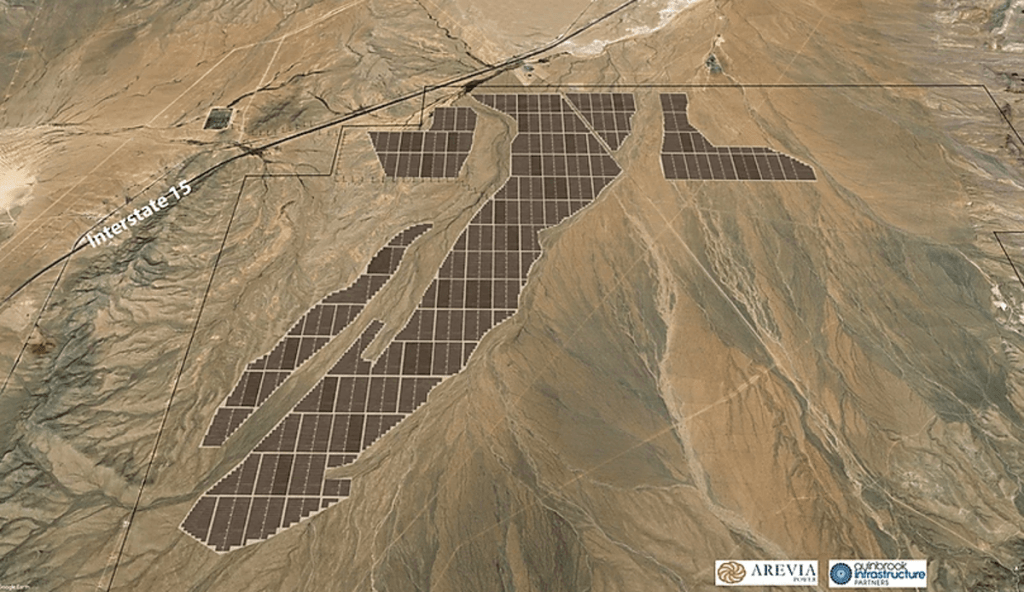Earlier in May, the Trump administration approved Nevada’s Gemini Solar Project. This will be the largest solar project in the United States and will be the eighth-largest solar project in the world when completed. The project will produce 690 MW of electricity, be capable of 380 MWh of battery storage, and annually offset 385,000 metric tons of carbon dioxide (about the same as the emissions from 83,000 cars).
An increase in solar generation projects is a move in the right direction, but without battery storage, solar (and wind) assets are not as valuable. An increase in solar project construction will accelerate energy storage innovations and deployment. There are many ways to store energy: batteries, pumped storage hydropower, green hydrogen, compressed air energy storage, gravitational potential energy storage, and more.
Lithium ion batteries are one of the more common types of storage today. However, lithium ion batteries are limited to about 4 hours of storage. Luckily, the explosive growth of electric vehicles and the rising concentration of renewable energy sources on the grid are the main driving forces fueling the battery boom. As a result, there has been an increase in R&D for lithium and non-lithium energy storage. One recent innovation in this space is a 1MWh battery storage system with as much as 150 hours of storage duration, produced by Form Energy.
Not only is the increase of solar generation construction great for innovating the space, but it also provides thousands of jobs, which has a positive impact during this time of high unemployment rates. The Gemini project alone is expected to create about 2,000 jobs.
As solar construction and deployment becomes more affordable, it will contribute to the transition to renewable energy, spur innovation, and stimulate the economy.
About The Author

Daniel currently works at Lawrence Livermore National Laboratory. His original assignment was to maintain and update facility safety documentation for all facilities on-site, and perform risk analysis. Over time, his role has expanded to leading continuous improvement efforts through product management.
Concurrently, Daniel volunteers with Techstars, helping organize startup weekends, and with the American Institute of Chemical Engineers, organizing events on the local and national levels of the organization. He also volunteers with One World, and previously with Powerhouse Ventures, to source and screen startups for potential investment.
Daniel holds a BS in Chemical Engineering from UC Davis, and recently completed coursework in energy innovation from Stanford. His passion is at the intersection of sustainability, innovation, and business.

